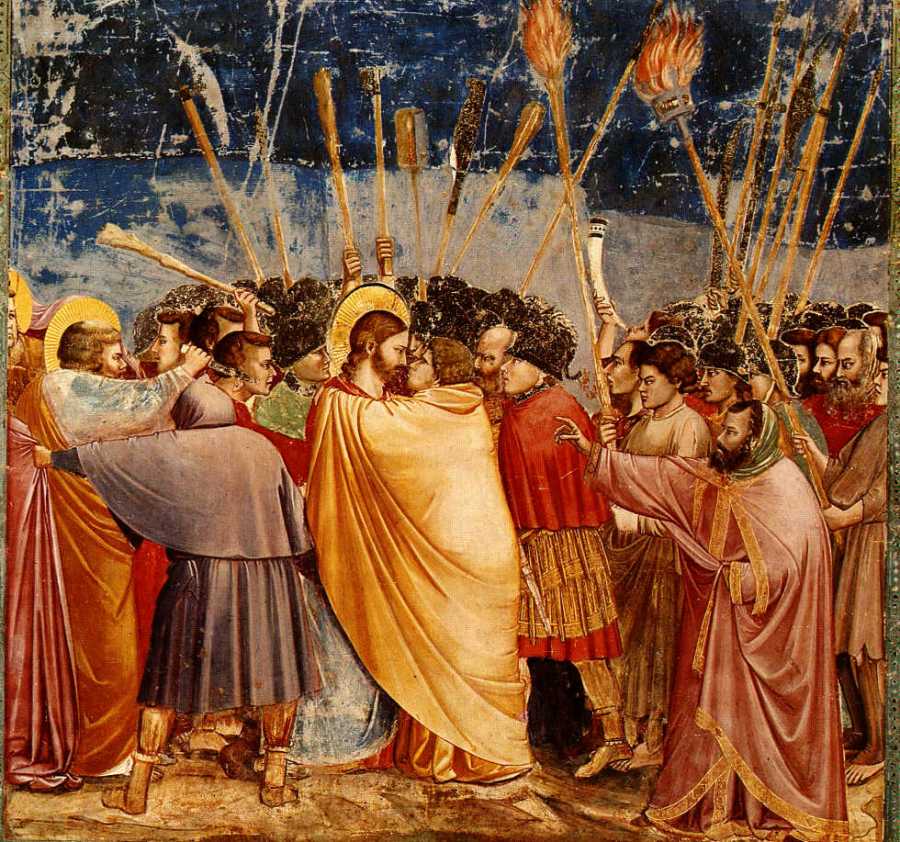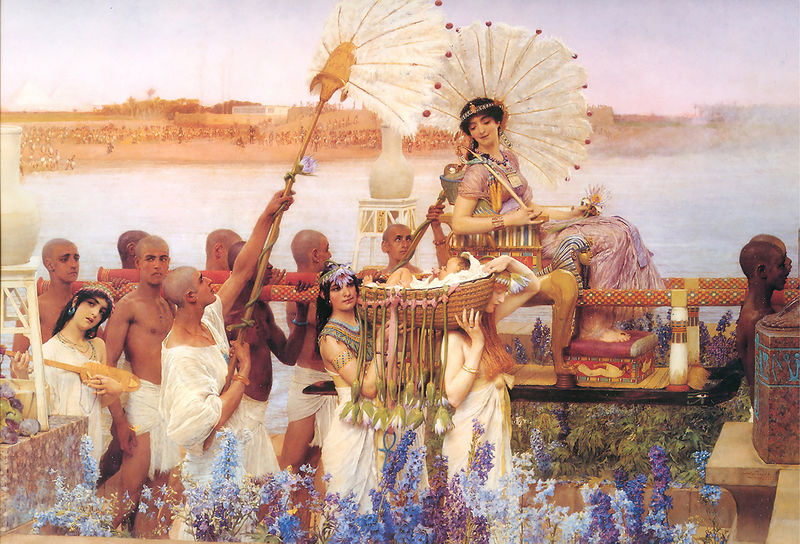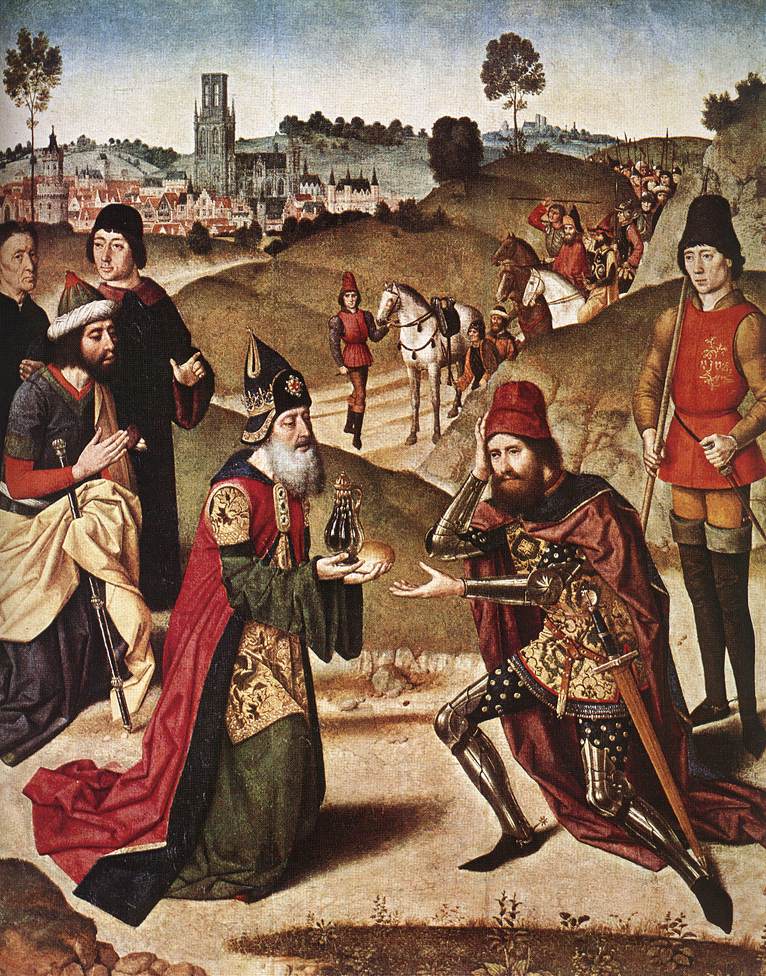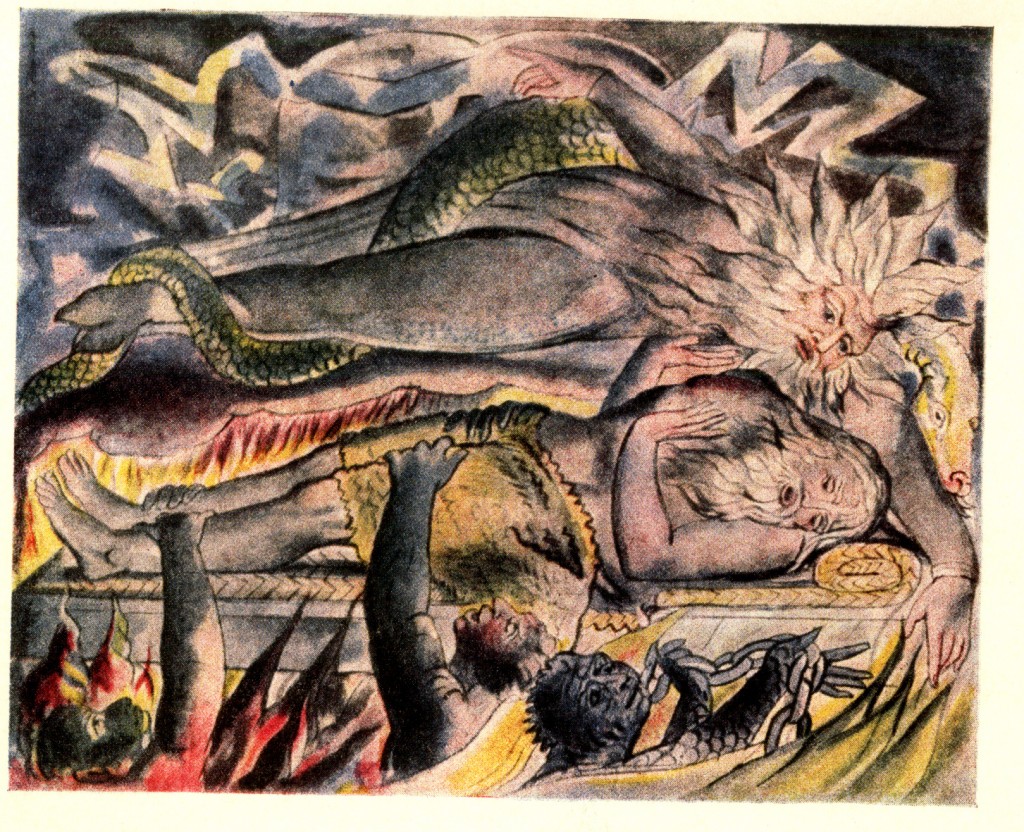From the mouth of Harold Bloom. From his quill to god’s scribe. He represents the archetype of the Gnostic personality. If there is a gnostic personality disorder Bloom is a carrier, transmitter and is chronically infected. Or as he puts it, “It’s just imaginatively much more interesting to be a Gnostic rather than an agnostic, to be fascinated by Yahweh rather than indifferent to him.” Whether its all a pose, or a gesture, he may not even know, but he does make the assertion of a relationship between Yahwism and nihilism and given our history of conflict, its hard to dismiss the honorable professor emeritus plus plus as a complete crank and skirt chasing liberal. Of course, his own identity as a gnostic instead of those belligerent atheists and agnostics means he believes very deeply, even religiously in the existence of god. However, he packs off any conceivable shred, remnant of trust in the covenant, any hint of faith, to the glue factory. It is truly an antagonistic relationship with the holiest, and one lacking any inclination to acquiescence.

---This fresco painted by Giotto around 1304 ("Giotto: Judas Kiss") is a very famous bible story that is about the betrayal of Jesus Christ by his disciple Judas. This painting tells the story about how on the night of the last supper Jesus told his disciples that one of them would betray him. Judas then went out to find the temple officers and Pharisees to let them know where Jesus would be going. Judas then told them that he pointed out Jesus by kissing him ("The Last Supper"). Stylistically, this painting shows betrayal because the focus of the painting is Judas's kiss; also the turmoil that is surrounded by this kiss shows the internal turmoil that betrayal can cause someone.--- Read More:http://betrayalart.blogspot.com/
Bloom: … there is a kind of religious war being fought between the Moslem world and the Christian world, just as there is obviously a religious war being fought between the state of Israel and the Moslem world, which is why Israel is sitting on top of that vast mound of atomic and hydrogen bombs in Dimona, but in the long run I suppose the religious future may well lie with the East.
LQ: Um hm. Would you think the word “disappointed” would be a fair characterization? Would you say that you are disappointed . . .
HB: . . .with Yahweh?
LQ: Yes.
HB: No. I wouldn’t have dreamed of trusting him in the first place. So what is there to be disappointed with? He is, he’s bad news, he has always been bad news. No, I’m not disappointed; I find him very fascinating, very interesting. As I say, he’s even more interesting than King Lear, and to some extent at least—well, Mark’s Jesus and Hamlet run almost neck and neck in interest. Each of them has incredible mood swings, as Sir Frank points out, following me in that part of his review. No I’m… [Pause.] Look, I’ve been teaching how to read for 51 years now. I’ve been writing and publishing criticism for 51 years. It seems to me that what I’ve written in this book is really just an extension of the book The Anxiety of Influence, which in its first form was written back in the summer of 1967 when I was 37, and actually contained a rather savage chapter on the Gospel of John, which I detached and later published separately, and now in revised form have put it into this book, so it’s a pretty direct line from one to the other. I was rather amused, though, to see my old student Jonathan Rosen, in the review that appeared in today’s Sunday Times Book Review, saying that: Well after all what difference does it make that Wallace Stevens strongly misread Shelley in order to produce characteristic Stevens, what matters is religious truth, and, you know, it is the truth or falsehood in regard to one another of, say, Christianity and Judaism or of Islam that matters….

Lawrence Alma Tadema.---Read More:http://bibleillustration.blogspot.com/2009/05/my-favorite-bible-artists-9.html
…That may be Jonathan Rosen, but that isn’t me, and that isn’t in the book that he’s reviewing. Not that I’m ungrateful for his review, which you know certainly shows a warm heart, and reminds me of a wonderful pun I once—quoting from the Hebrew—of an almost Lewis Carrollian or Joyceyan dimension, that I threw into an outrageous public lecture here on the relation between the so-called two covenants or two testaments. I also liked the joke, which I’d seen before but hadn’t seen for a long time. It’s an old Yiddish remark, that the Christians stole our watch 2,000 years ago, and are still telling us what time it is. I like that. It’s almost as good as my favorite Yiddish proverb, as I translate it: “Sleep faster, we need the pillows.” Read More:http://www.rc.umd.edu/praxis/bloom_hartman/bloom/bloom.html
You have to wonder why Bloom clings to his nihilism like a comfort blanket. Perhaps it is not because he rejects god so much as she just finds that in his many lengthly and unexplained absences one can become accustomed to finding the world more interesting without him. A kind of damning him for being and damning him for not being on call like a doctor over patient humanity. Can you believe in god and not believe in god? Its not clear if he believes in the idea of
ce, of random combinations of facts, of events, of stars, and planets and people owing their existence to themselves; the idea seems more amusing and even pleasing than the idea of one god. In any event, to Bloom, the weight of religion crushes, although he is quotes as saying, “it’s no fun being an atheist.”…by the question of your relation to Yahweh, as you can see….

Lilith. John Collier.---In Jewish folklore, from the 8th–10th Century Alphabet of Ben Sira onwards Lilith becomes Adam's first wife, who was created at the same time and from the same earth as Adam. This legend was greatly developed during the Middle Ages, in the tradition of Aggadic midrashim, the Zohar and Jewish mysticism.--- Read More:http://www.enotes.com/topic/Lilith
…HB: Well, it seems to me no more or no less vital or of concern to you as my close friend or to me, as my relation to King Lear. I would have great difficulty in saying what my relation to King Lear is. I agree with Charles Lamb: you shouldn’t even go and see somebody try and act the part, because it’s unactable. What can you do with a figure who actually stares up at the sky and cries out, “You heavens, you should take my side because you too are old.” That’s so marvelous and I can’t imagine an actor enunciate it. And I’ve never seen a Lear that worked. I think that trying to play Lear would be rather like having a drama in which somebody played Yahweh. Inconceivable.
LQ: You do use one phrase here which struck me very much. I was fascinated by it. I’m not sure I can imagine you using it about Lear. You speak of your “waning skepticism” about Yahweh.
HB: Well, I have waning skepticism about Lear also. I mean the difference is that I get fonder and fonder of Lear, irascible old creature as he is. Waning skepticism.
LQ: Yes, that’s interesting. It’s a good surprising phrase. You expect the reverse. …

---One of the first female artists with a reputation beyond her native judith beheading holofernes gentileschiItaly, Artemisia Gentileschi endured a tumultuous childhood . She and her father, the famous painter Orazio Gentileschi, were acquainted with the renowned Italian painter Michelangelo Merisi da Caravaggio (1571 - 1610). In one of Gentileschi's most famous paintings, Judith Beheading Holofernes , her rendition of this apocryphal legend was influenced by Caravaggio's version created about two decades earlier . The violence and drama of her painting, enhanced by use of chiaroscuro, are typical of the Caravaggisti, or followers who imitated Caravaggio paintings. --- Read More:http://www.themasterpiececards.com/famous-paintings-reviewed/bid/31923/Female-Artists-Artemisia-Gentileschi-s-Later-Life
So, Bloom does seem to relish himself in the role as undermining the foundation, or at least cracking it in the expectation that the entire edifice of the Western spiritual tradition will do a WTC implosion. The belief is blasphemous to those embedded within the normative tradition, all faiths included in its Derrida like deconstruction, de-deification, and in some cases de-fetishizing of god. To Bloom, god wants man to be like him, but blocks passage when he attempts it. God is impish, militaristic, self-contradictory but a repecter of those with moxie, craft and a spice of guile. He created creatures that he wanted to obey him, yet forbid them from eating from the tree of knowledge. Mixed messages where the punishment meted out was in excess of the transgression.

---David and Jonothan, Cima da Conegliano, 1505. This is one of my favorite paintings concerning David and Goliath. The first time I saw this, I was appalled, but the image grew on me. I like that his sling, the weapon that he used to slay the giant, is at his waist.--- Read More:http://thesleppys.com/blog/2011/02/11/biblical-battles-for-boys/
…HB: I drag it in at the end of the book because I got very bored by Sam Harris. You know pragmatically there’s no difference between Sam Harris urging an end to faith; I would say fine, Judaism isn’t faith anyway. That’s Pauline Pistis, the substance of things hoped for, the evidence of things not seen. No, the only question is whether you trust Yahweh or you don’t, and obviously you shouldn’t and can’t and couldn’t and won’t, because he’s bad news, as I keep saying. He’s as good an explanation for why everything goes wrong all the time as we could want. And he’s had a terrible effect upon the world. Because in a somewhat altered and perhaps even more aggressive form, he is the Allah, which is a variant in Arabic on Elohim, of the Koran, of the Recitation, and he utterly disappears in Christianity, where God the father is just kind of an unfortunate, weak imitation of Yahweh. [Pause.] Surely it comes back to Leibniz, doesn’t it? Which is then picked up by the horrible Heidegger. Why should anything be, anyway, rather than not be? Since Yahweh puns on ehyeh, which is the ancient Hebrew verb for being. I don’t know. In the end I suppose if I have to vote and go with any one, I go with Hamlet, who is a nihilist as I read him. I think Shakespeare’s ultimately is nihilistic, not Christian, not even Hermetist, just nihilistic, but I don’t know that pragmatically there’s any difference between Yahwism and nihilism. You know: is this a difference that makes a difference? to invoke William James’s, you know, quite Emersonian definition of American pragmatism. It doesn’t seem to me that it is a difference that makes a difference.

---Dirck Bouts The Meeting of Abraham and Melchizedek Painting--- Read More:http://www.paintinghere.com/painting/The_Meeting_of_Abraham_and_Melchizedek_695.html
LQ: I see. So the phrase “waning skepticism” doesn’t mean “increasing faith”?
HB: No, there’s no faith to be had anyway. Certainly, the only issue is whether or not you trust him. I don’t trust him. He’s not worthy of trust. He is very bad . He is . . . .
ADDENDUM:
closing up Noah’s ark with his own hands, allowing Sarah’s insolence when she doubts she will bear a child, haggling with Abram over the number of good people it would require for Yahweh to not destroy Sodom; allowing his blessing to be “stolen” a few times by the cunning Jacob, who wrestles with either Yahweh himself or one of the Elohim (“angels”) to re-earn it; attempting to murder Moses, his own recently chosen prophet; leading the Israelites in the wilderness for little apparent reason; and not allowing his reluctant chosen prophet to even see the Promised Land (another instance of Yahweh’s thwartations)….

---Elijah actually tried to kill himself, by lying down to die in the desert. But an angel brings him food and water. He runs away to a cave, but God doesn't take no for an answer. "It's a fearful thing to fall into the hands of the living God," as Saint Paul reminds us. Job knew this, and William Blake's painting of the encounter, as one of my students remarked last year, looks like God is raping him.---Read More:http://insearchofthequran.blogspot.com/2007/07/pagans-and-prophets.html
…Yahweh, for Bloom, is a very complex character, and there is no allegorical signified for which he stands. Yahweh, is a life-force, Yahweh is reality itself, especially in its relation to man, Yahweh represents limitations (in regard to man) and the breaking of limitations.
Hence his Blessing, which the patriarchs covet and wrangle for, is very much a Mixed Blessing. Jacob spends much of life trying to secure it, from clutching Esau’s heel at birth, to trading Esau a pot of porridge for it, to wrestling one of the Elohim (or Yahweh himself) for it in a nighttime wrestling match. And once he gets it, he still suffers. The Blessing gets passed down to Judah, the fourth son, because of the inadequacy of the elder brothers; but it seems to be Joseph, who really has the blessing, whose character it would be most accurate to say of, that Yahweh was with him. The power of Yahweh is charisma, vitality, and even good fortune, rather than righteousness, a quality that never concerns J or her Yahweh. Read More:http://www.thesatirist.com/books/BookOfJ.html







 COMMENTS
COMMENTS